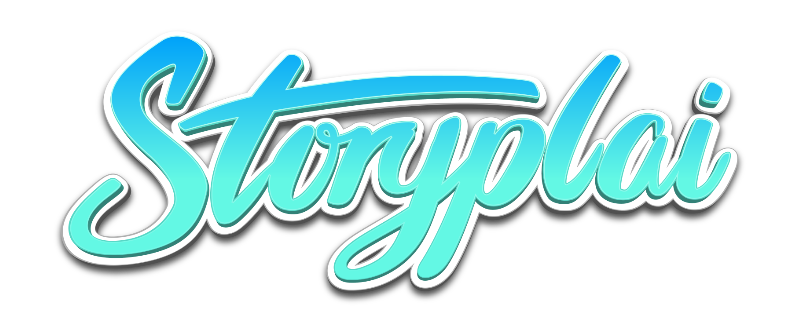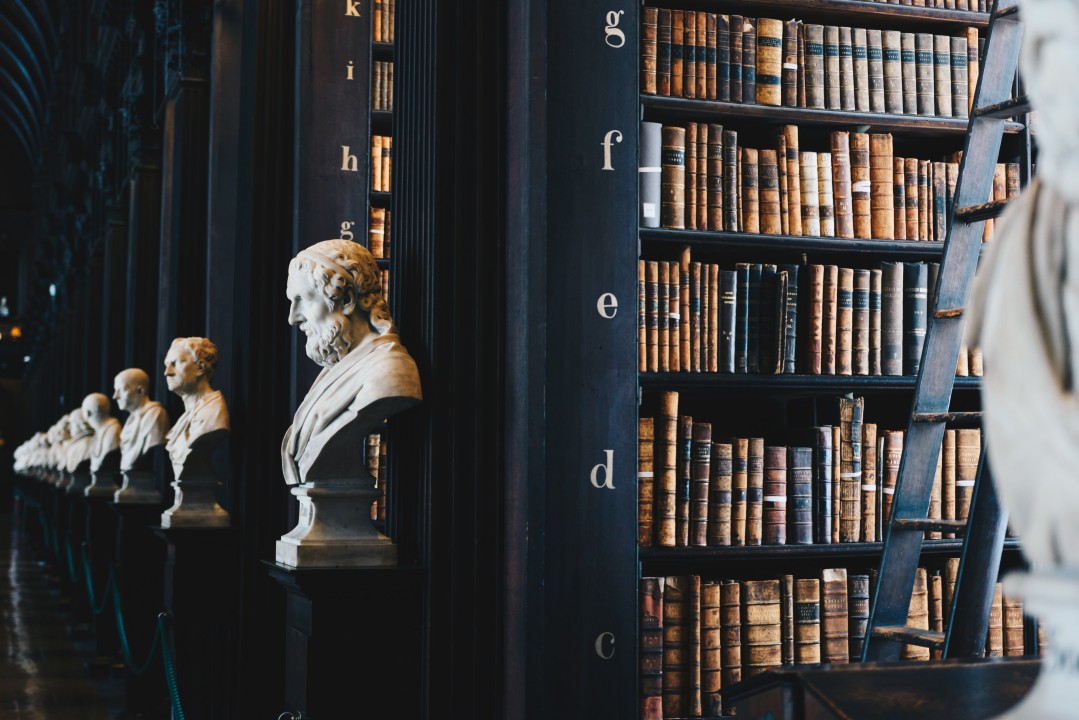As pioneers in the intersection of AI and storytelling, we at Storyplai have been closely monitoring the rapidly evolving dialogue surrounding the implications of AI on copyright law. This critical conversation spans both ”backward-looking” and ”forward-looking” concerns, with significant implications for creative enterprises and AI developers alike.
In the realm of the ”backward-looking” questions, we have seen instances where AI models, trained on vast troves of data potentially including copyrighted works, have raised issues of copyright infringement. A prominent example is the ongoing lawsuit by Getty Images against Stability AI, alleging copyright infringement due to the inclusion of copyrighted images in the training data of Stability AI’s image generator, Stable Diffusion.
We at Storyplai advocate for a responsible approach to AI training, one that respects existing intellectual property rights. In line with this principle, we are closely following the developments in the European Parliament’s Artificial Intelligence Act, which is expected to require AI developers to disclose whether they included copyrighted material in their training data. This legislation could empower copyright owners to demand payment, reflecting a proactive step towards greater transparency and fairness in the AI sphere.
Turning to the ”forward-looking” questions, we delve into the uncharted territory of copyrighting AI-generated works. As of March 16, 2023, the US Copyright Office requires any use of AI to be disclosed. Its policy guidance states that works created entirely by AI are not copyrightable, as human authorship is a non-negotiable criterion for copyright. However, works containing a mix of human and AI contributions might be copyrightable, excluding the AI elements from the copyright.
At Storyplai, we are in the vanguard of applications that leverage AI to generate complete works, such as fairy tales complete with images and in some cases, AI-generated narrations. This puts us at the intersection of creativity and technology, a space we navigate with full regard for intellectual property rights and regulations. While the current policy guidance suggests that works created entirely by AI are not copyrightable, our offerings blend human curation and direction with AI capabilities. Therefore, we find ourselves within the category of works that contain a mix of human and AI contributions, which may be considered for copyright under the current guidelines.
This landscape is fluid, with potential for considerable shifts as the law catches up with technology. It’s important to note that none of this is settled law and won’t be until federal courts rule definitively, or the US Congress passes new legislation .
In navigating this evolving terrain, we are committed to best practices that respect both the spirit and letter of copyright law. As we move forward, we remain committed to respecting intellectual property rights, advocating for transparency, and fostering a dialogue that balances the promise of AI with the necessity of copyright protections.
Stay tuned for further updates from Storyplai as we continue to explore this exciting and challenging intersection of AI, creativity, and copyright law.

